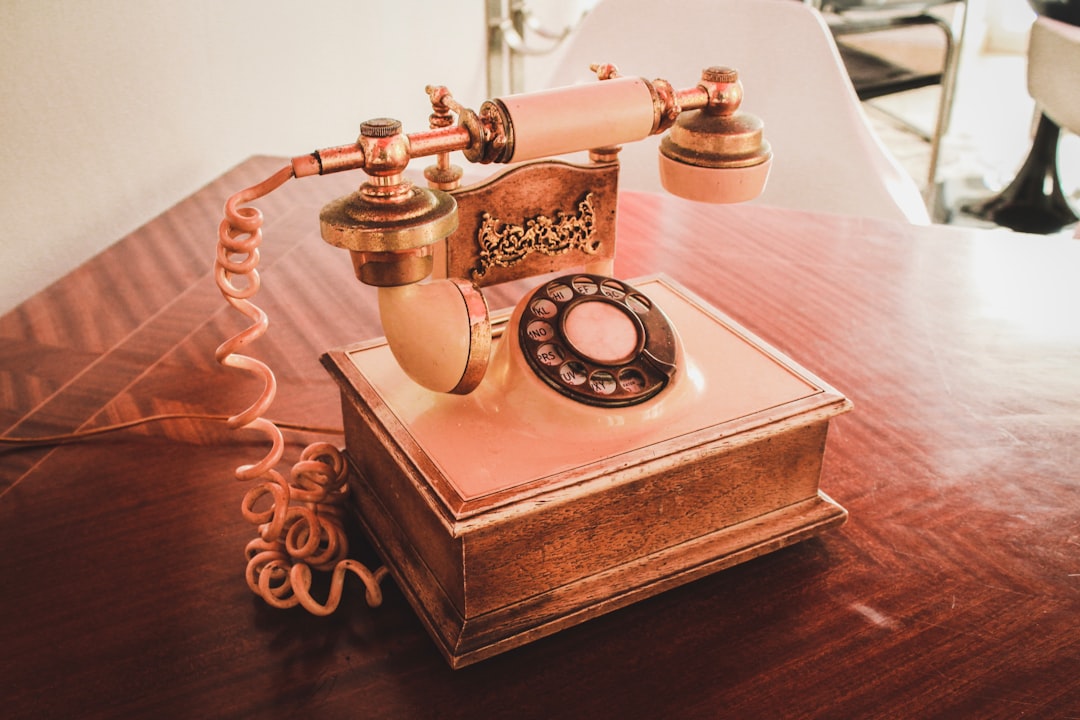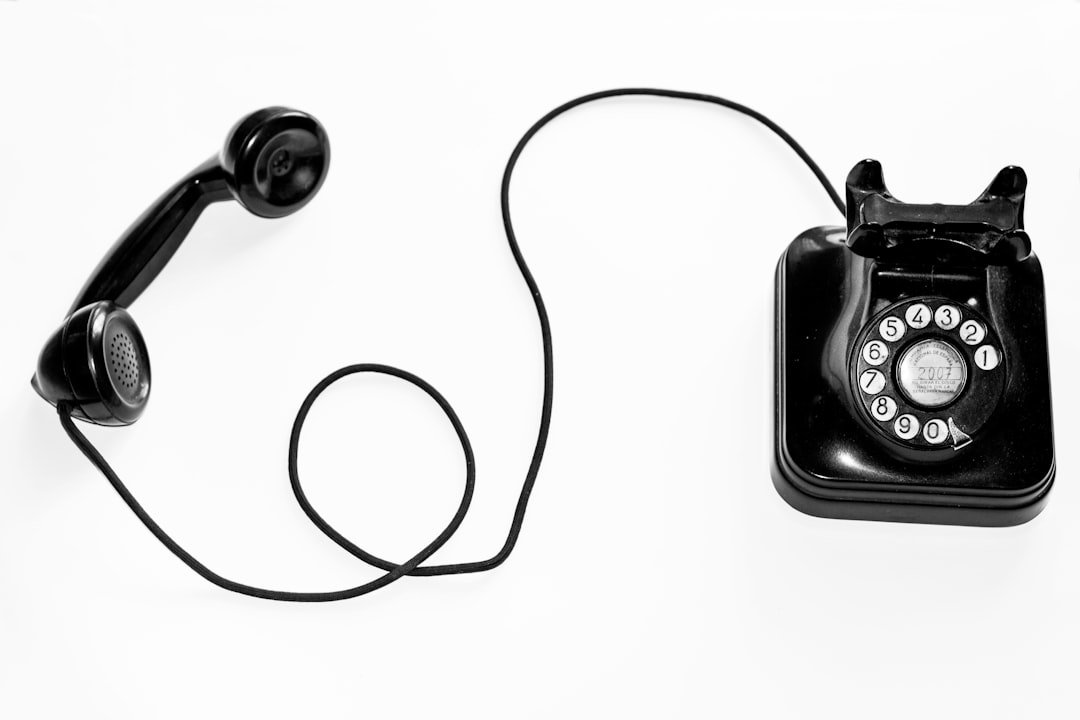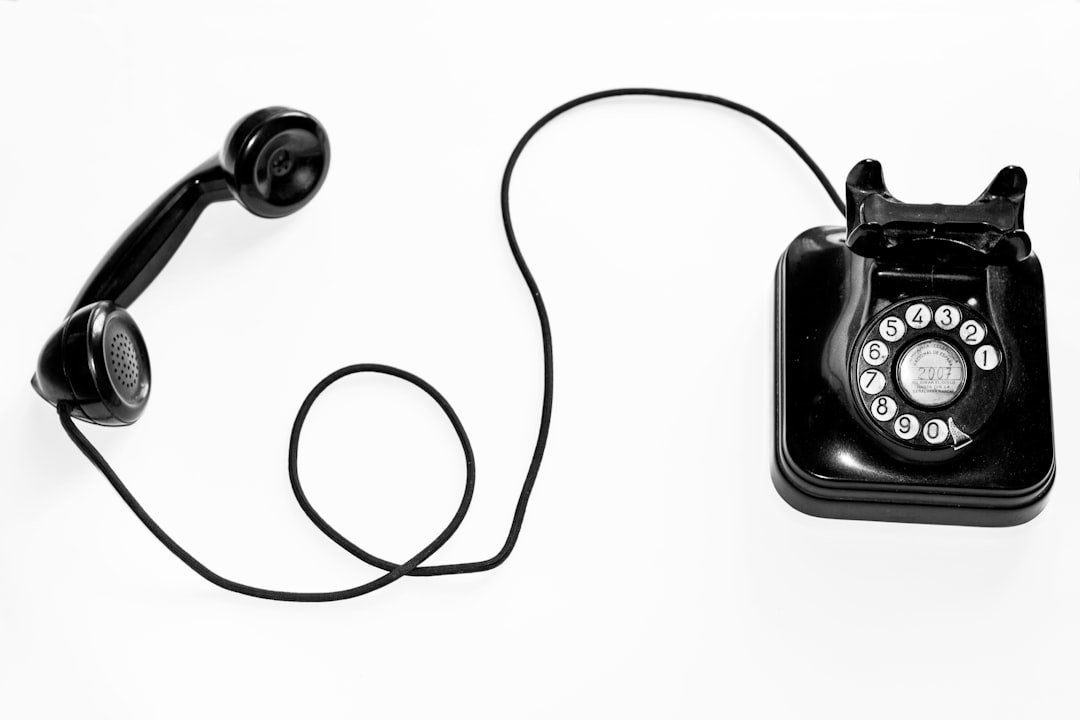In Iowa, both state and federal laws protect consumers from unwanted robocalls and spam. Understanding your rights under the Telephone Consumer Protection Act (TCPA) is crucial. You can take legal action, including suing for robocalls in Iowa, with help from a specialized spam call law firm or lawyer. When selecting a call-blocking app, prioritize blocking capabilities, customizable settings, and apps with additional features like call screening. Legally, be aware of the TCPA and choose apps with law firm partnerships for guidance. Unwanted robocalls are common in Iowa; documenting calls and consulting specialists can help determine legal recourse, including suing for robocalls.
As an Iowan, you’re no stranger to unwanted phone calls, especially with the rise of robocalls and spam. But effective call blocking apps can help. Understanding Iowa’s robust robocall and spam call laws is key to knowing your rights. This guide navigates choosing the best app for your needs, offers insights into legal recourse through a spam call law firm or lawyers in Iowa, and explores options if you consider sueing for robocalls in Iowa under the Telephone Consumer Protection Act (TCPA).
Understanding Robocalls and Spam Call Laws in Iowa

In Iowa, robocalls and spam calls are regulated by state and federal laws designed to protect consumers from unwanted and deceptive phone communications. The Telephone Consumer Protection Act (TCPA) is a key federal law that restricts how businesses can use automated dialing systems and prerecorded messages. In addition, Iowa has its own specific regulations regarding robocalls and spam, which aim to further safeguard residents from nuisance calls.
If you’re receiving excessive or unauthorized robocalls in Iowa, understanding your rights under these laws is crucial. You may be able to take legal action against the callers, especially if they are violating TCPA rules or Iowa’s spam call law. A spam call law firm or lawyer specializing in TCPA cases can help you determine if you have a valid claim and guide you through the process of suing for robocalls in Iowa if appropriate.
Choosing the Right Call-Blocking App for Your Needs

Selecting a call-blocking app tailored to your specific needs is the first step in effectively managing unwanted calls, especially in Iowa where robocalls and spam can be prevalent. Consider what features are most important to you; some apps offer robust blocking capabilities with customizable settings, allowing you to block specific numbers or types of calls. Others may have additional features like call screening or advanced analytics on your caller ID data.
When choosing an app, keep in mind the legal aspects, particularly if you’re concerned about potential violations of the Telephone Consumer Protection Act (TCPA). Some reputable apps include law firm partnerships that can provide guidance and support if you ever need to take legal action, such as suing for robocalls in Iowa or seeking compensation through a spam call lawyer. This added protection is valuable when navigating the complex landscape of consumer privacy laws.
Legal Recourse: Can You Sue for Robocalls in Iowa?

In Iowa, as in many states across the nation, unwanted robocalls and spam calls are a common nuisance. While there are various call-blocking apps available to deter such calls, understanding your legal rights is equally important. If you feel that your privacy has been invaded due to excessive or unauthorized robocalls, exploring legal recourse through a spam call law firm or lawyer for TCPA (Telemarketing Consumer Protection Act) in Iowa could be an option.
Iowa’s laws and consumer protection agencies offer avenues for individuals to take action against persistent spam calls. According to the TCPA, businesses are prohibited from making automated or prerecorded calls to telephone numbers without prior express consent. If you’ve received unwanted calls, documented the instances, and believe your rights have been violated, consulting with an attorney specializing in telemarketing laws can help determine if legal action is warranted, including the possibility of suing for robocalls in Iowa.






